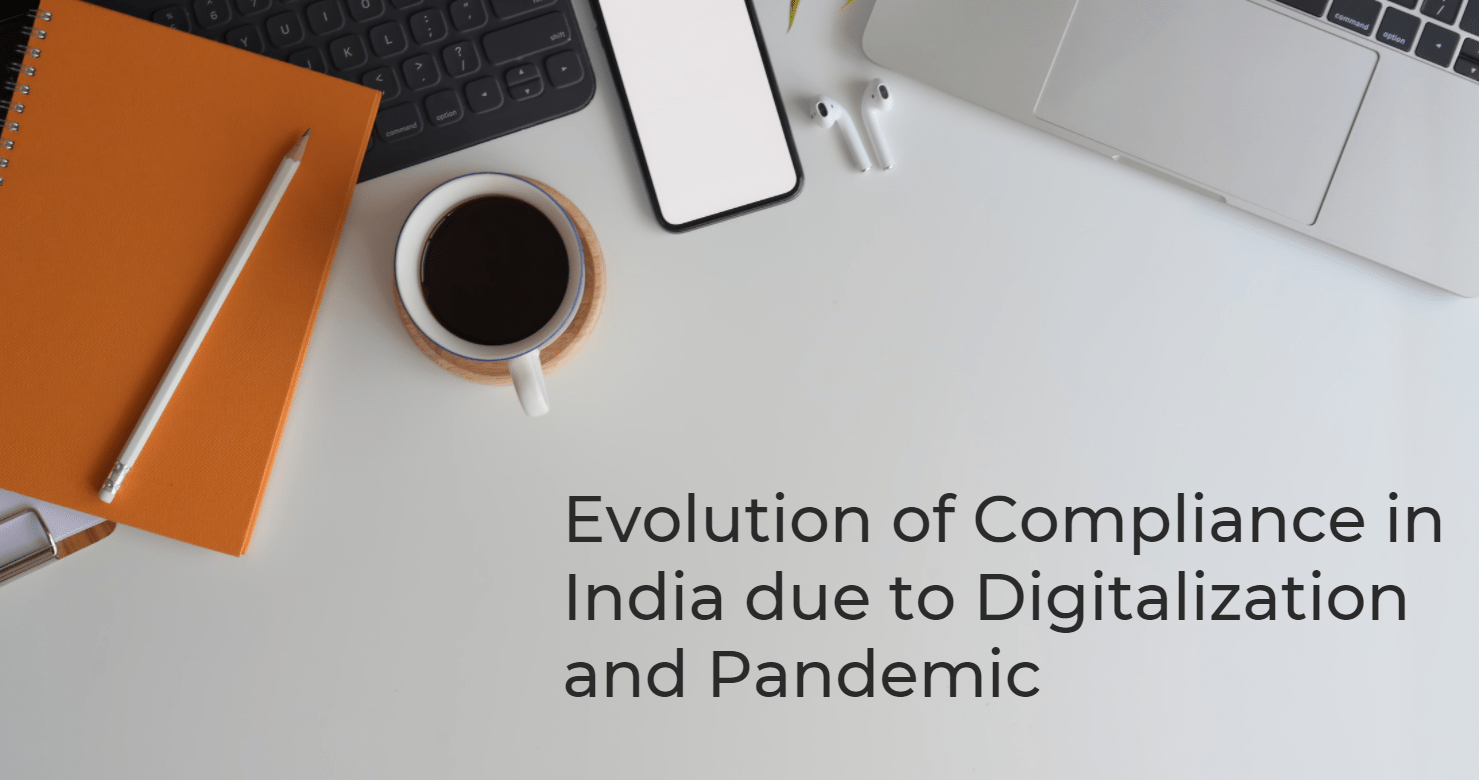
Perception of Compliance
Most people dislike compliance, yet there are some very practical reasons why it is vital and should be welcomed. The compliance landscape in India has undergone a tremendous seismic upheaval, according to Indian business owners.
Then and Now
What was once unidirectional, that is, from businesses to the government, has now become bidirectional, that is, between enterprises. The government has created millions of watchdogs by cleverly incorporating the concept of input credits based on other companies’ GST filings, each checking that the other complies with the GST law. A similar scenario happened in India with its highly integrated TDS structure and framework.
What does this mean?
In a nutshell, what does this mean for businesses?
It implies that the cost of non-compliance has surpassed the cost of compliance.
Case Studies
This isn’t like the Stayzilla storey, in which founder Yogendra Vasupal was arrested for failing to pay a vendor’s dues. Even the government and quasi-government entities, such as the National Stock Exchange (NSE), have sanctioned 250 businesses for violating listing rules. The penalty totaled Rs.4.5 lakhs on average.
Jumbo Finvest (India) Limited, Jaipur, has been fined Rs 25.5 lakh by the Reserve Bank of India for failing to comply with certain laws, including Know Your Customer (KYC) directives.
What should be done?
It is vital to close up this front of exposure in these highly heated and challenging times, with businesses impacted by the second wave of the epidemic. Furthermore, there are a variety of techniques to check your company’s compliance status and we propose that you speak with us to rapidly assess the status of your concern’s compliance. When you’ve finished your compliance audit, make sure to get started on the most significant compliances right away. Prioritize with the help of our auditors. Furthermore, not all compliances are equally risky, so if you must, prioritize and complete all pending compliances as quickly as possible.
Share This post!

Perception of Compliance
Most people dislike compliance, yet there are some very practical reasons why it is vital and should be welcomed. The compliance landscape in India has undergone a tremendous seismic upheaval, according to Indian business owners.
Then and Now
What was once unidirectional, that is, from businesses to the government, has now become bidirectional, that is, between enterprises. The government has created millions of watchdogs by cleverly incorporating the concept of input credits based on other companies’ GST filings, each checking that the other complies with the GST law. A similar scenario happened in India with its highly integrated TDS structure and framework.
What does this mean?
In a nutshell, what does this mean for businesses?
It implies that the cost of non-compliance has surpassed the cost of compliance.
Case Studies
This isn’t like the Stayzilla storey, in which founder Yogendra Vasupal was arrested for failing to pay a vendor’s dues. Even the government and quasi-government entities, such as the National Stock Exchange (NSE), have sanctioned 250 businesses for violating listing rules. The penalty totaled Rs.4.5 lakhs on average.
Jumbo Finvest (India) Limited, Jaipur, has been fined Rs 25.5 lakh by the Reserve Bank of India for failing to comply with certain laws, including Know Your Customer (KYC) directives.
What should be done?
It is vital to close up this front of exposure in these highly heated and challenging times, with businesses impacted by the second wave of the epidemic. Furthermore, there are a variety of techniques to check your company’s compliance status and we propose that you speak with us to rapidly assess the status of your concern’s compliance. When you’ve finished your compliance audit, make sure to get started on the most significant compliances right away. Prioritize with the help of our auditors. Furthermore, not all compliances are equally risky, so if you must, prioritize and complete all pending compliances as quickly as possible.






